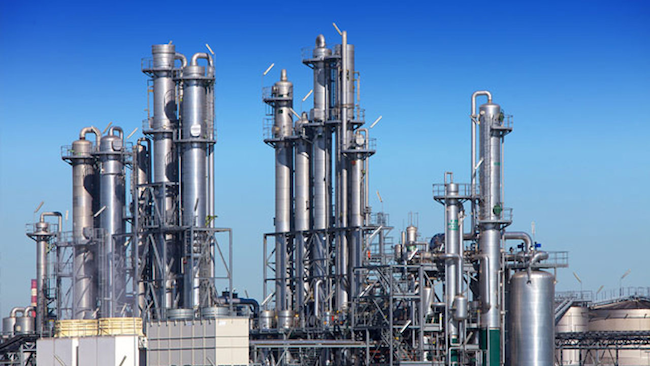Politics
Northern Coalition rejects PIB, says it’s a plan to subjugate north

The Coalition of Northern Groups (CNG), has rejected the recently passed Petroleum Industry Bill (PIB), saying its implementation is a grand plan to further subjugate the north economically.
The CNG, in a statement after a press conference in Abuja on Tuesday, said the provisions of the Bill has intended consequences in the Northern regions of the country.
The Coalition noted that the Bill is merely an “extension of the elite monopoly of the total available economic activity in the country at the expense of ordinary Nigerian citizens with dire consequences on the Northern region in particular.”
The statement sighted by Ripples Nigeria and signed by CNG’s spokesman, Abdul-Azeez Suleiman, insisted that a cursory look at the PIB suggests a total departure from the current trend where the Nigeria National Petroleum Corporation (NNPC) will be commercialised and the three major agencies, Department of Petroleum Resources (DPR), Petroleum Product Pricing Regulatory Agency (PPPRA) and Petroleum Equalisation Fund (PEF), will be merged to form an authority that will regulate the oil business with the implication of total deregulation of the market.
“The current structure of the oil market suggests that PMS is sold at government-approved price across the country, where the consumer in Sokoto, Borno, Awka or Lagos can buy at the same pump price of N165.
“This is achieved through the Petroleum Equalisation Fund (Management) Board (PEF(M)B) whose responsibility is the reimbursement of petroleum marketing companies for expenses incurred in the transportation of the petroleum products, especially PMS from Lagos, Port Harcourt, Warri, Calabar and other areas to their outlets across the country.
READ ALSO: ‘Electronic voting will benefit Nigerians in Diaspora,’ NiDCOM tells National Assembly
“Going by the aforementioned, CNG demand the immediate halt of the process for the PIB in its present construction as it would invariably impact negatively on the livelihood of Northern communities, especially those of the far Northeast and Northwest who would be forced to buy fuel at a disabling-inflated price.
“It is also suspected that eventually, the four Nigerian refineries will be sold to individuals, just as Benue Cement and other publicly-owned cement industries.
“The fact that the said the private refinery was initially to be launched in 2017 but shifted to 2018, 2019 and now September 2021, has heightened the suspicion of financial underhanded deals by some members of the National Assembly and the private refinery owners to influence the passage of the Bill.”
Join the conversation
Support Ripples Nigeria, hold up solutions journalism
Balanced, fearless journalism driven by data comes at huge financial costs.
As a media platform, we hold leadership accountable and will not trade the right to press freedom and free speech for a piece of cake.
If you like what we do, and are ready to uphold solutions journalism, kindly donate to the Ripples Nigeria cause.
Your support would help to ensure that citizens and institutions continue to have free access to credible and reliable information for societal development.
























